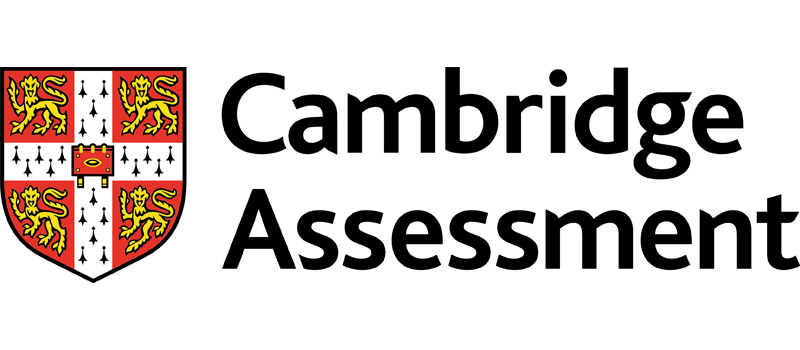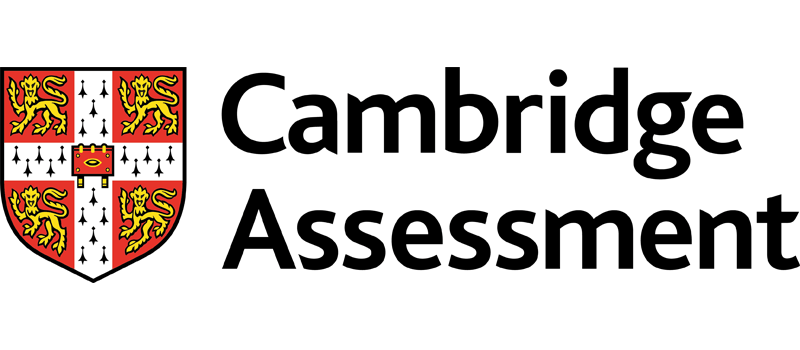Emotional Intelligence for Leaders
Day 1: Introduction to Emotional Intelligence and Leadership
Defining Emotional Intelligence and its impact on leadership effectiveness.
The five core components of Emotional Intelligence: Self-awareness, Self-regulation, Motivation, Empathy, and Social Skills.
Exploring the relationship between EI and leadership styles.
Self-assessment: Identifying your EI strengths and areas for improvement.
Day 2: Developing Self-Awareness and Self-Regulation
Techniques for increasing self-awareness: Understanding your emotions and triggers.
The role of mindfulness in self-awareness and self-regulation.
Managing emotions in high-pressure situations: Practical strategies for staying composed.
The connection between self-regulation and decision-making in leadership.
Day 3: Enhancing Empathy and Interpersonal Skills
Understanding empathy and its role in leadership success.
Active listening and its impact on team communication.
Building rapport and trust within teams.
Practical exercises for improving interpersonal relationships through EI.
Day 4: Social Awareness and Effective Communication
Recognizing social cues: How to navigate different personalities and group dynamics.
Using EI to adapt your communication style for different audiences.
The importance of non-verbal communication and emotional expression.
Conflict resolution: Using EI to handle disputes and build collaborative environments.
Day 5: Integrating Emotional Intelligence in Leadership Practice
Applying EI to leadership challenges: Making decisions with emotional awareness.
Leading with EI: Inspiring and motivating teams through emotional connection.
Building a culture of Emotional Intelligence within your organization.
Developing a personal action plan for continued growth in Emotional Intelligence as a leader.























































